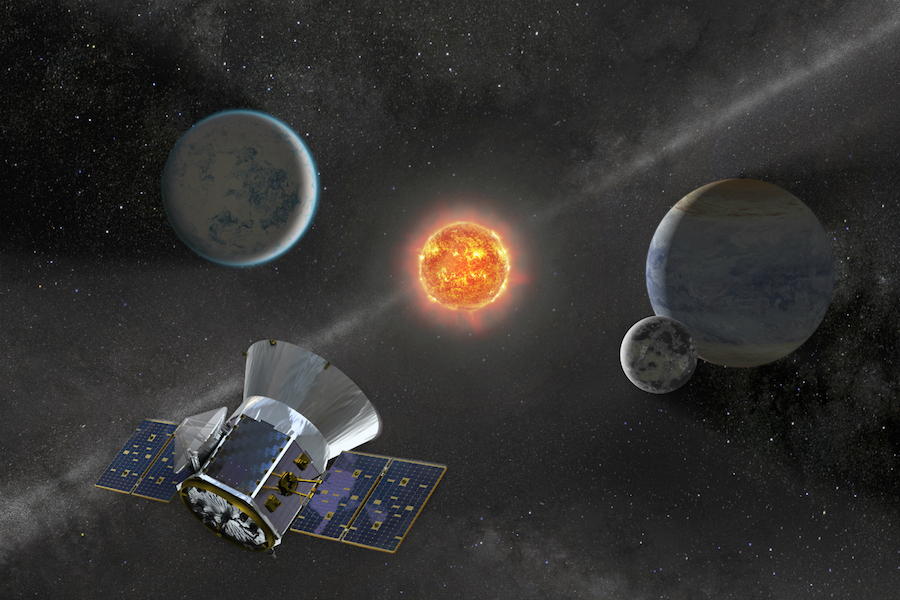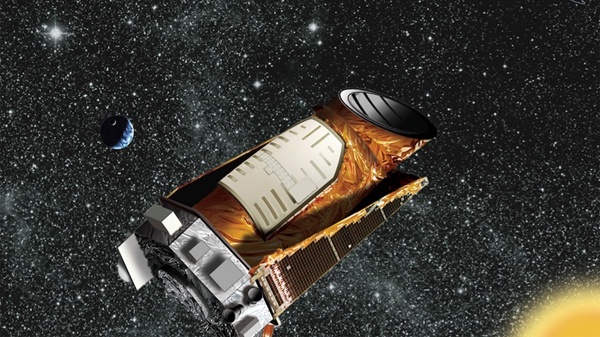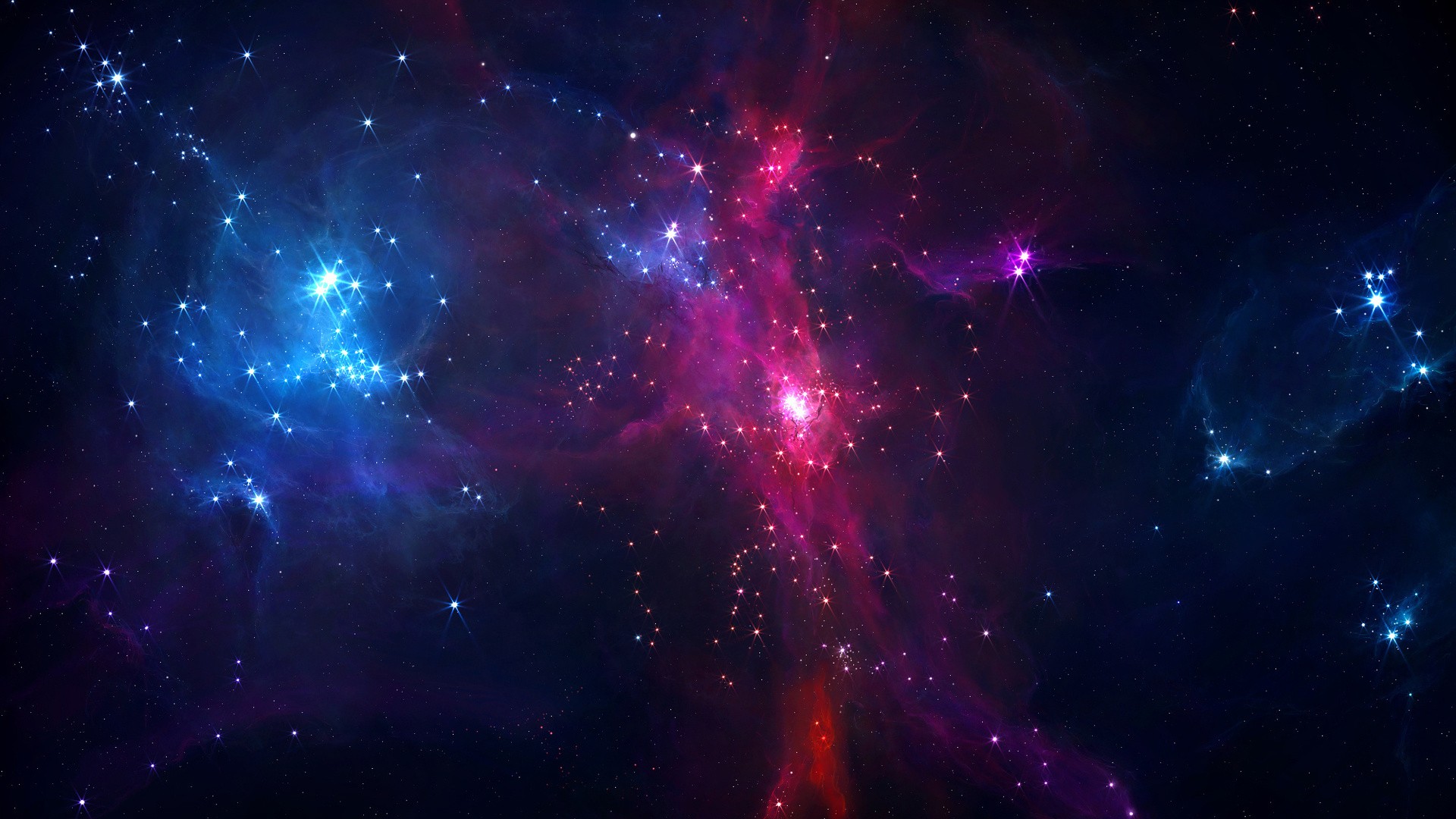
A research into how life evolved on Earth has shown that water alone does not guarantee life – nor does the presence of oxygen gas. And that two other major biosignatures, carbon dioxide and carbon monoxide could be needed.

Barnard b or GJ 699 b – might have microbes or other simple life in its environment as long as there is a lot of thermal activity within the planet itself. This would theoretically provide enough energy for life to survive.

According to new study, an extrasolar planet orbiting Barnard’s star, an M-type (red dwarf), that is just 6 light years away could actually support life, assuming the planet experiences enhanced geothermal activity.

The three confirmed planets discovered so far using TESS are all within 100 light-years of our solar system, substantially closer than the nearly 2,700 validated worlds detected using Kepler.

Japanese scientists utilized a mix of ground and space based telescopes and revealed over 100 new extrasolar planets.

Recent research suggests that most, if not all, stars are born with a binary twin. Our Sun is a solitary star, but there's evidence to suggest that it did have a binary twin, once upon a time and it might have just been found.

Studying two decades of data on Barnard’s Star, astronomers have found a rocky super-Earth with a mass of at least 2.3 times that of Earth that orbits the star every 233 days or so.

NASA's planet-hunting telescope has run out of fuel after a nine-year mission that found more than 2,600 planets orbiting other stars along with thousands of candidate worlds.

Astronomers have discovered 4 very large gas planets orbiting a young star only 2 million years old. Looks like we need a new model of planetary formation.

Astronomers reviewing data collected by NASA’s Kepler space telescope have found the first evidence for a possible “exomoon” orbiting a gas giant planet 8,000 light years away.

NASA's TESS, made an early discovery of "super-Earth" and "hot Earth" planets in solar systems at least 49 light-years away, marking the satellite's first discovery since its April launch.

A new NASA-led study shows that Proxima b could support the existence of an ocean on its dayside, which means it could still be habitable.

Using data from NASA's Kepler Space Telescope, an international team has discovered a new exoplanet twice the size of Earth. It orbits its star every six days and is about 10 times closer than Mercury is to the Sun.

Of the thousands of known exoplanets, Kepler-452b has the most ideal combination of UV light exposure and conditions for liquid water.

Scientists have shown that water is likely to be a major component of those exoplanets which are between two to four times the size of Earth. It will have implications for the search of life in our Galaxy.